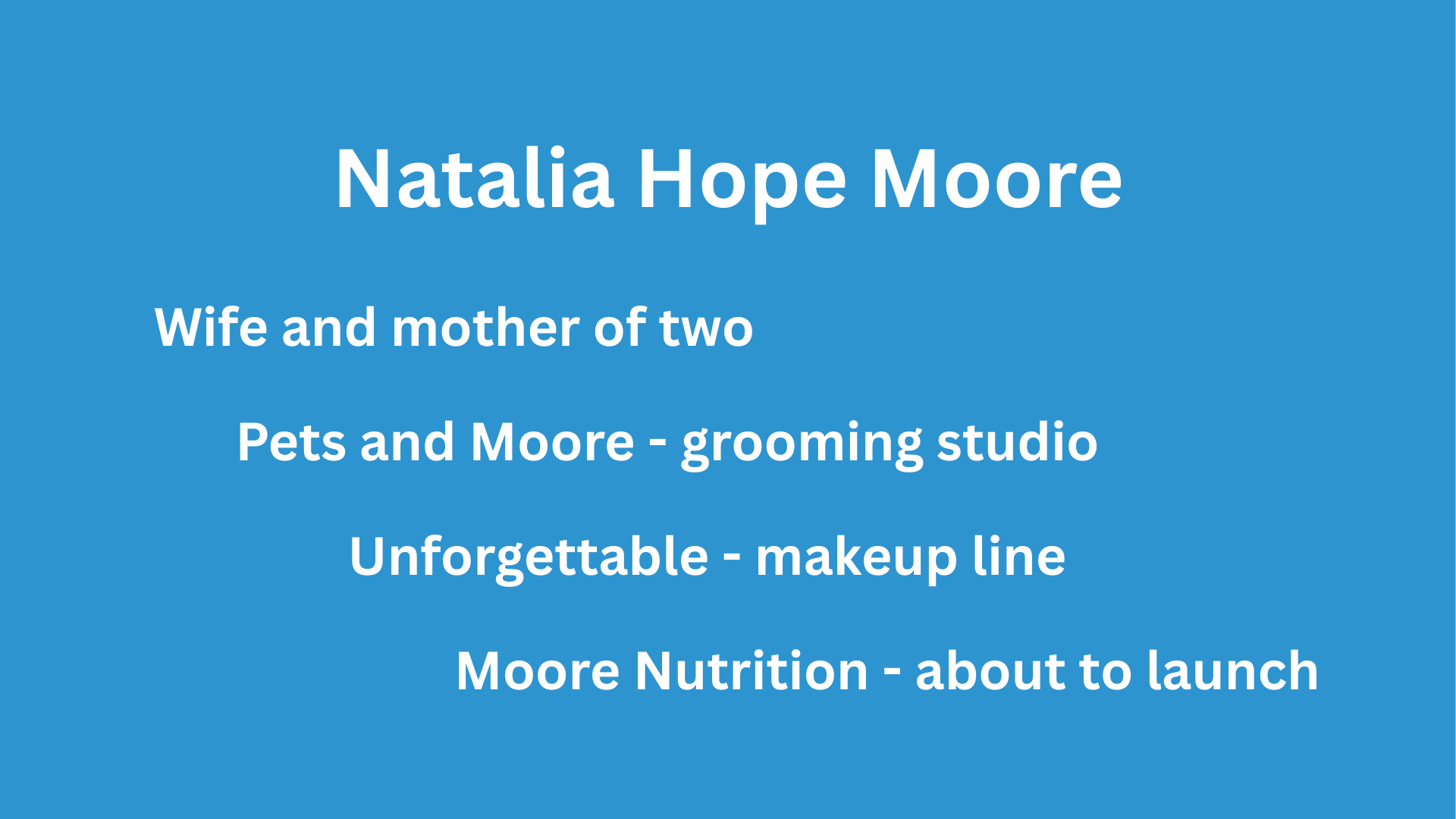
The Health Care Landscape for LGBT+ Women: An Overview
The experiences of LGBT+ women within the health care system offer a significant lens into broader health disparities faced by marginalized populations. According to a recent survey conducted by the KFF Women’s Health Survey, one in six reproductive-age women identify as LGBT+, with many indicating a preference for specific care structures that reflect their unique identities and needs. This demographic shift is crucial for understanding the challenges faced by LGBT+ women in accessing equitable health services.
Health Disparities: An Ongoing Battle
Despite advancements in policy aimed at promoting health equity, barriers persist. The survey highlighted that 31% of LGBT+ women do not have a regular health care provider, a stark contrast to their non-LGBT+ counterparts. This is compounded by the fact that despite being generally younger, LGBT+ women report poorer health outcomes. Specifically, 26% rate their health as fair or poor, compared to 16% of non-LGBT+ women. Such disparities emphasize the need for tailored health solutions that consider the unique barriers faced by this group.
Younger Women in the LGBT+ Community: A Unique Perspective
Notably, the LGBT+ trend among younger women is compelling. Women aged 18 to 35 are more likely to identify as LGBT+, twice the rate of those aged 36 to 49. This pattern signifies not just a demographic trend but also the evolving societal acceptance of diverse identities. The implications for health policy are profound, as understanding the nuances of this younger population can guide the development of affirmative health care practices.
Access to Care: The Need for an Inclusive Environment
LGBT+ women's access to care is characterized by higher reliance on clinics compared to private practices, indicating potential gaps in provider availability and sensitivity. As many LGBT+ women live in urban settings, underscores the urgency of creating health care environments that are inclusive and accessible. Trust in health providers plays a critical role; legislation that restricts access to gender-affirming care contributes to a cycle of mistrust that may further deter engagement with the health system.
Demographic Insights: Socioeconomic Factors at Play
Economically, nearly 40% of reproductive-age LGBT+ women fall below 200% of the federal poverty level, mirroring challenges seen among non-LGBT+ populations. This shared economic vulnerability highlights the necessity for policies that address the socio-economic dimensions of health access, ensuring that disparities are tackled from multiple angles.
Looking Ahead: Future Predictions and Opportunities
As political and social landscapes evolve, it is imperative to anticipate changes in health care policy potentially affecting LGBT+ women. With the shifting legislative climate, health care organizations must remain vigilant and responsive to the needs of LGBT+ communities. Emphasizing preventative care, legal protections against discrimination, and dedicated health campaigns could foster a more inclusive approach to women's health.
Taking Action: Your Role in Supporting Health Equity
As a professional interested in health, wellness, and community support, you have the power to drive change by advocating for equitable health practices. Engage in conversations about the importance of inclusivity in health care, participate in awareness campaigns, and support organizations that focus on improving access for marginalized communities. Together, we can contribute toward a future where all women, regardless of their sexual orientation or identity, have equal access to quality health care.
 Add Row
Add Row  Add
Add 




Write A Comment